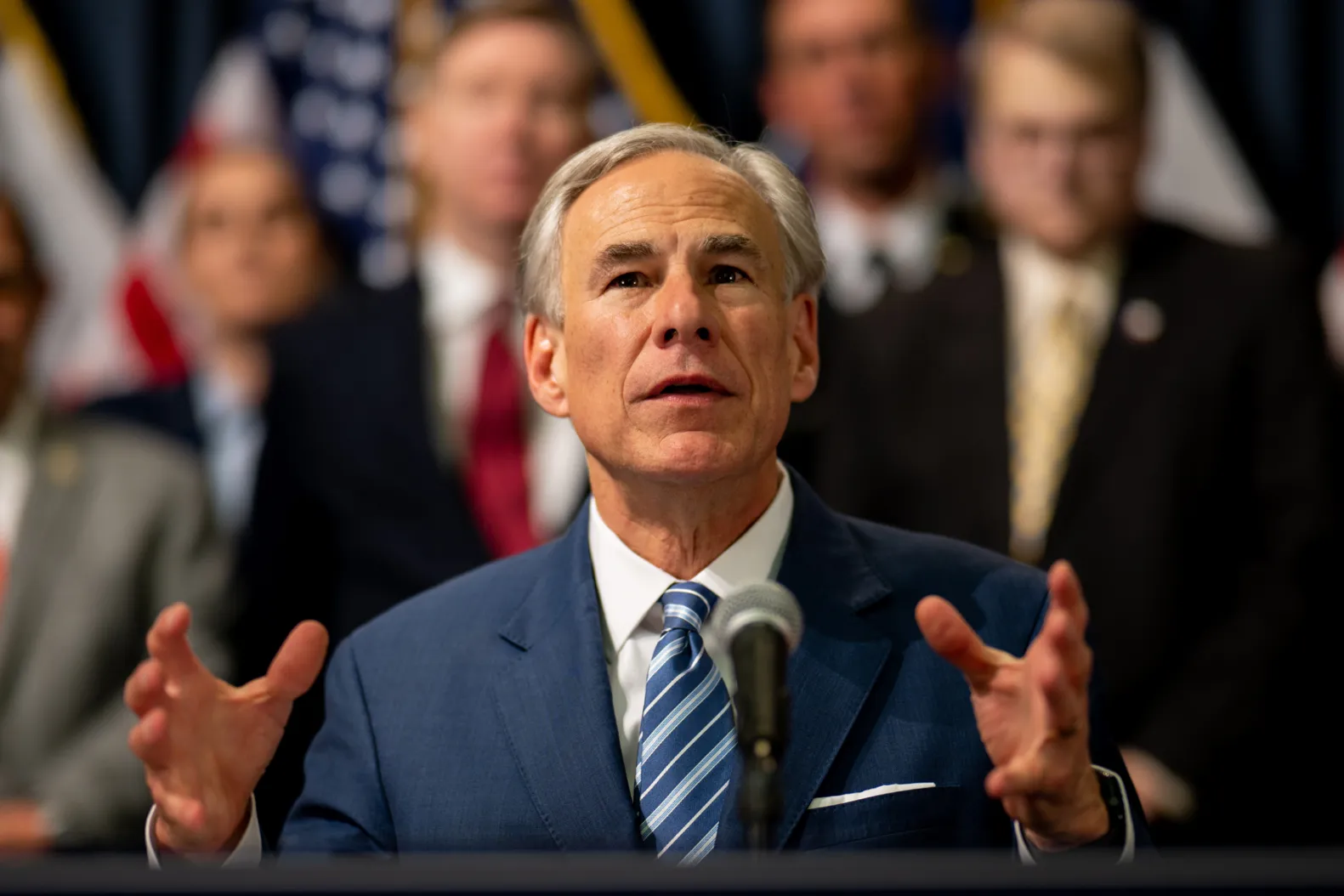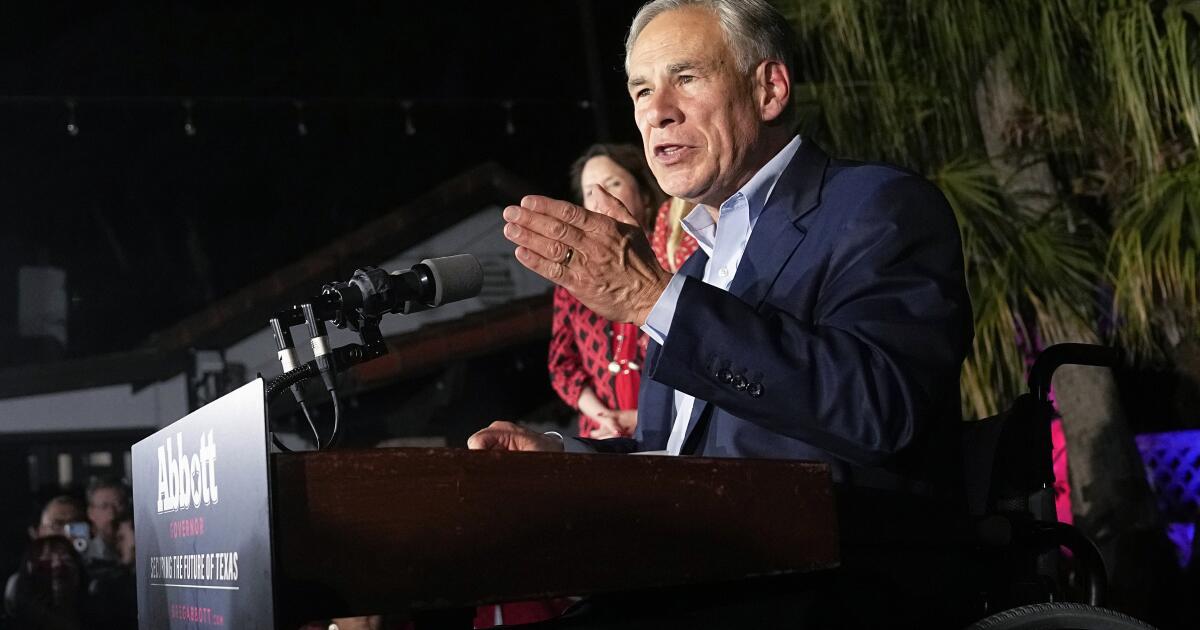Texas’ ongoing clash with the federal government regarding immigration enforcement strikes at the core of our constitutional framework. Governor Greg Abbott, supported by a faction, is not only challenging federal authority but also questioning the power of the Supreme Court and, ultimately, the supremacy of the Constitution itself.
The conflict emerged when Texas implemented unilateral measures, including razor wire fencing along parts of the Rio Grande, as a deterrent against an increasing number of individuals crossing the U.S.-Mexico border, many seeking asylum. The central issue revolves around whether the federal government can intervene and remove the fencing, considering its authority over the border and immigration.
A conservative panel from the 5th Circuit U.S. Court of Appeals initially restricted the federal government from removing the razor wire, allowing exceptions only for medical emergencies. However, in a recent 5-4 order without providing an opinion, the Supreme Court granted the U.S. solicitor general’s request to permit border agents to dismantle the razor wire.

Texas Governor Greg Abbott is openly challenging a U.S. Supreme Court directive. This is deeply concerning. (Credits: Rolling Stone)
One might assume this would resolve the matter, but the Texas National Guard and state troopers persist in installing concertina wire and obstructing federal agents from accessing parts of the border.
Governor Abbott publicly challenged the Supreme Court’s ruling, declaring a commitment to “hold the line,” emphasizing that Texas is facing an “invasion,” and asserting the state’s right to self-defense as the supreme law, superseding any conflicting federal statutes.
Despite these claims, this approach is legally troubling. Article VI of the Constitution establishes federal supremacy within its authority, rendering contrary state policies preempted. The Supreme Court has consistently affirmed the broad powers of the federal government over immigration and borders, precluding state laws attempting to regulate these matters.
Governor Abbott’s characterization of immigration as an “invasion” does not alter the fact that federal law and government supremacy persist, even in the face of an alleged invasion. The constitutional principle that states cannot obstruct federal operations, including law enforcement, has been upheld since the nation’s early days.
While Article I, Section 10 of the Constitution restricts states from engaging in war unless actually invaded, this provision does not grant states the power to violate federal law or impede the federal government. Similarly, states cannot disregard or disobey U.S. Supreme Court orders, as Governor Abbott is directing the Texas National Guard to prevent the removal of razor wire.
This defiance echoes historical instances where states attempted to flout federal law, such as the Southern governors’ resistance to court-ordered desegregation in the 1950s. The Supreme Court’s firm response in Cooper vs. Aaron, emphasizing that states must not disobey federal court orders, remains a guiding principle.
Governor Abbott’s actions undermine the Constitution, and the consequences of this standoff are substantial. If states can obstruct the federal government and defy Supreme Court orders, the very essence of the Constitution is jeopardized.























